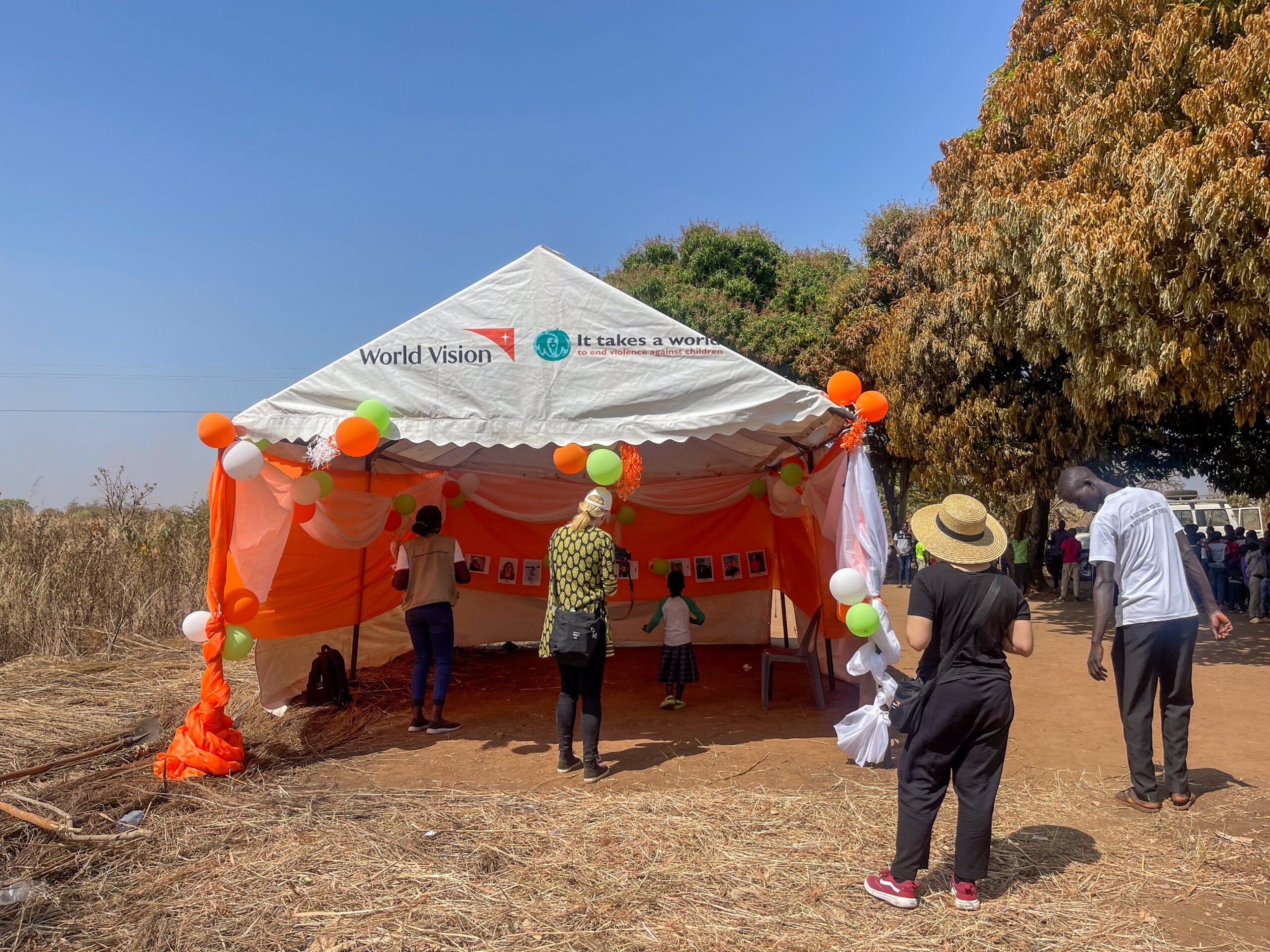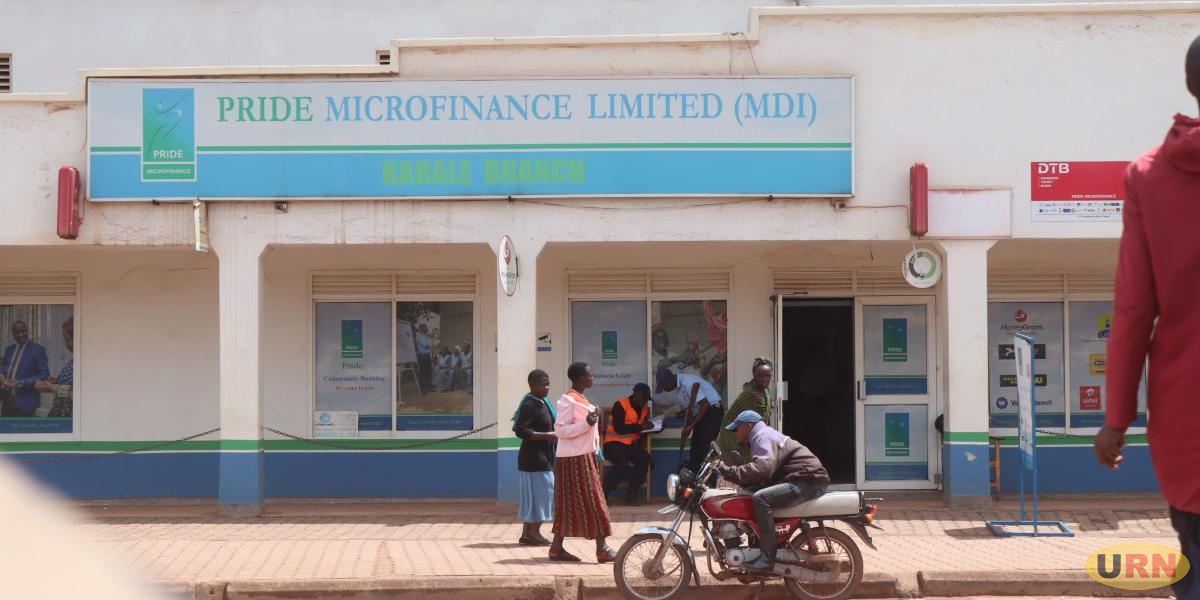The Industrial Court has ordered World Vision Uganda to pay its former employee, Bonny Ocen Shs 17.8 million as compensation over unfair dismissal.
Ocen was hired by World Vision, a global Christian organization focused on helping children and communities escape poverty, in 2017 as Project Officer for Resilience and Livelihood programs in Minakulu Oyam district.
His role involved organizing community trainings to build skills in saving money and improving livelihoods. These programs, like the “Savings for Transformation” initiative, trained local “Trainers of Trainers” (TOTs) who then taught villagers.
Trouble started in late 2019 when Ocen oversaw trainings amid growing Covid-19 restrictions. Attendance lists for payments to trainers were submitted multiple times because the finance department kept rejecting them for missing details like signatures, phone numbers, or gender breakdowns.
Some lists had to be redone as participants couldn’t gather due to lockdowns. By May 2020, partial payments were made – for example, trainers expected Shs 720,000 but received around Shs 347,000.
The World Vision’s finance team launched an internal review in June 2020, claiming the lists showed signs of forgery: duplicate signatures, inconsistent handwriting , added names of people who didn’t attend, and mismatches between lists.
They accused Ocen of negligence for not verifying the documents properly, saying it could have led to a potential loss of about Shs 5 million in improper payouts. No full audit was done, and the investigation relied on phone calls and emails due to COVID limits.
On October 28, 2020, just after Ocen’s contract was extended for another year, he was summoned to a disciplinary hearing. At the hearing took place on November 2, and on November 23, he was summarily fired for “falsifying records.”
Ocen appealed, but it wasn’t heard. He later claimed the firing sabotaged a job offer from Save the Children after they checked his references.
They worked as law enforcement officers at KCCA for 14 years. Court says they can’t get pension
Ocen took the case to the Oyam District Labour Officer in March 2021, who found the process unfair because he wasn’t given the full investigation report or allowed all his witnesses to testify. The matter went to the Industrial Court in Lira (sitting in Gulu), where Judge Anthony Wabwire Musana, with panelists Adrine Namara, Emmanuel Bigirimana, and Can Amos Lapenga, heard evidence from both sides.
In court, Ocen testified that he followed procedures, got approvals from his boss, and that the issues stemmed from COVID delays, not fraud. Two trainers, Sarah Akoko and Patrick Ojok, backed him up. Akoko said she submitted reports but got no full payment. She admitted some signatures on lists looked forged but insisted she worked and was not paid for genuine sessions.
Ojok confirmed trainings happened and lists were real, blaming rejections on pandemic hurdles. He said auditors never visited the villages to check. World Vision’s witnesses disagreed. Senior Finance Officer Brenda Atwine said the lists were “suspicious” and were riddled with forgeries and unverified names.
She said Ocen, as project officer, was responsible for double-checking before submission to avoid risks. The People and Culture Manager at World Vision, Simon Peter Mwanje defended the hearing, saying Ocen was told the charges, allowed a representative, and given a chance to respond but the committee still found him negligent.
The court framed two key questions: Was the dismissal lawful? And what remedies should be given?
In its award, delivered on July 11, 2025, the judges ruled no on the first. They found “shortcomings in the disciplinary process,” including procedural unfairness and substantive unfairness, with no solid audit on financial loss).
Under the Employment Act, the judges argued dismissals must be both fair in process and backed by real evidence. In Ocen’s case, neither held up fully.
Ocen had asked for Shs 200 million in general damages but the court awarded him Shs 17.8 million.







